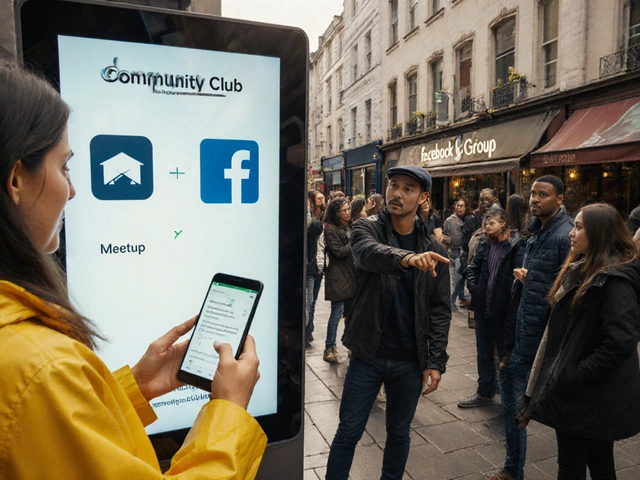Environmental Policies: Practical Steps for Churches and Communities
Did you ever think a single church could make a real dent in climate change? It’s true – a handful of smart policies can shrink energy use, cut waste, and rally neighbours around a greener future. Below are clear, doable actions that fit right into a parish schedule and budget.
Start with an Energy Checkup
The first thing to do is know where your energy is going. Grab a simple energy audit checklist (you can find free versions online) and walk through the building. Note down heating, lighting, and any plug‑in devices that stay on all day. Once you have the numbers, set a realistic goal – for example, reduce electricity use by 15% in six months.
Switching to LED bulbs is a quick win. They cost a bit more upfront but last five times longer and use a fraction of the power. If you can, install motion sensors in hallways and restrooms so lights only run when needed. Many churches have old boilers; upgrading to a modern, high‑efficiency model can shave dozens of kilowatts off the monthly bill.
Renewable energy might sound pricey, but there are programmes that let churches purchase green power from local wind or solar farms at a discount. Some utilities even offer net‑metering, which lets you earn credits when you feed excess solar power back into the grid. Talk to your energy provider – they often have community‑focused options.
Engage Your Community in Green Projects
Policy isn’t just about numbers; it’s about people. Launch a "Green Sunday" where volunteers help sort recycling, plant native shrubs, or clean up a nearby park. When parishioners see the impact, they’re more likely to adopt the habits at home.
Partner with local environmental groups such as Greenpeace or WWF. They can supply educational materials, guest speakers, or even joint fundraising events. A simple fundraiser could be a "Eco‑Bake Sale" with reusable packaging, and the proceeds go to a local sustainability project.
Consider a “sustainable transport” plan. Encourage car‑pooling to services, install bike racks, or even coordinate a weekly walk‑to‑mass group. Fewer cars mean less emissions and a stronger sense of community.
Don’t forget the building’s waste stream. Set up clearly labeled bins for paper, plastic, glass, and compost. Run a short reminder during the weekly bulletin to keep everyone on track. Over time, you’ll see less landfill waste and lower disposal costs.
Finally, share your progress. Post monthly updates on the parish notice board or a simple online newsletter. Highlight milestones – like “We saved 2,000 kWh this month!” – and celebrate the team. Transparency builds trust and motivates more people to pitch in.
Environmental policies don’t have to be overwhelming. Start small, track results, and expand as you go. With a few practical steps, your church can become a beacon of sustainability and inspire the whole neighbourhood to act.

Environmental Policy Pioneers: Key Players Shaping Change
In shaping environmental policies, certain individuals and groups play a pivotal role. These range from passionate activists to influential policymakers, driven by the urgency to tackle pressing ecological challenges. This article explores five significant contributors who shape sustainable futures through policy changes. Discover how these environmental advocates influence legislation and societal change. Learn about the key players pushing forward critical policy reforms.
Read More




